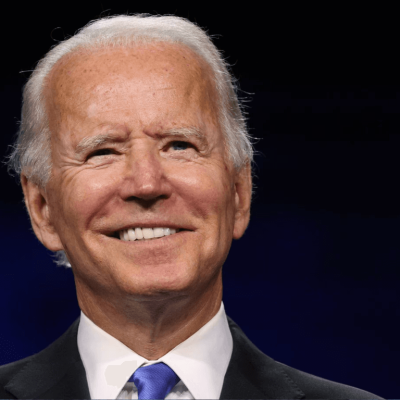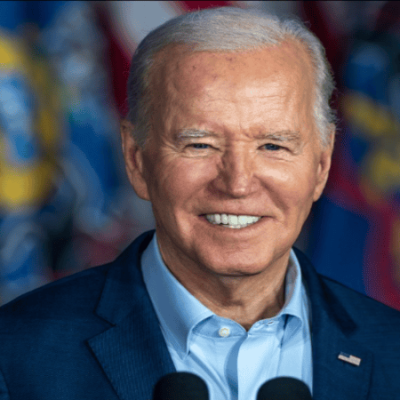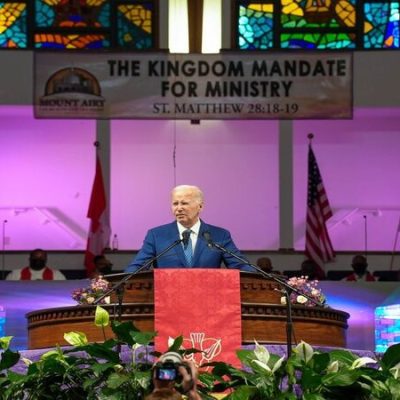President Biden’s Focus on Gaza Conflict and Recent Absences: A Deepening Concern

As he approaches the end of his presidential term, President Joe Biden has openly promised to halt the continuous conflict in Gaza, so this becomes his most important goal. But his recent pattern of absences from the public limelight has eclipsed this declared focus and raised growing alarm and criticism. Biden has notably turned away from the front lines of both domestic and foreign affairs, choosing instead several trips and protracted stays at his private homes following his July 21 announcement on his non-re-election in 2024 and later endorsement of Vice President Kamala Harris. This actions have begged doubts over his commitment to handle the growing Middle Eastern war and other urgent issues.
A Thread of Vacancies Through Crisis
After withdrawing from the 2024 presidential contest, President Biden’s public calendar has mostly consisted in vacations, a far cry from the urgency in Gaza. Following his official endorsement of Kamala Harris at the Democratic National Convention in Chicago, Biden and his family withdrew to the opulent California house owned by billionaire and significant Democratic supporter Joe Kiani. This week-long trip arrived at a time when the world was looking to the United States for Middle Eastern leadership, especially given the continuing bloodshed in Gaza.
Biden went back to his own property in Rehoboth Beach, Delaware, where he has spent most of his weekends since late July, following the same schedule. White House reports indicate that Biden has mostly stayed out of public view and that there are no major public appearances booked. This disengagement from daily presidential duties has only served to heighten questions regarding the capacity of his government to handle continuing crises.
The Gaza Conflict and Challenge of Cease-Fire
With cease-fire negotiations failing and the conflict showing indications of further escalation, Gaza’s situation has become ever more complicated and volatile. The ongoing intensive bombing campaign between Israel and Hezbollah, a Lebanese militant organization supported by Iran, has reduced the prospects for a peaceful ending. This escalation emphasizes the regional conflicts Biden promised to solve but which have only been more pronounced in recent weeks.
Many have criticised Biden’s lack of public involvement and aggressive diplomacy, asking whether his government has the will and capacity to generate the required diplomatic innovations. Critics both here and abroad now center on the discrepancy between his stated priorities and his current behavior—or lack thereof.
Political Ramifications and Domestic Criticism
On the domestic front, Biden’s seeming disengagement has generated a lot of criticism, especially from Democratic rival. Particularly outspoken and frustrated, Representative Byron Donalds of Florida questions the White House’s present leadership. Reflecting a larger sense of disquiet and discontent with the present situation, Donalds directly questioned who is really in charge of the government’s reaction to the Gaza conflict in a comment to Fox News.
Biden’s recent actions have political consequences that could be really major. Many saw his choice to withdraw from the 2024 contest as a chance to concentrate his remaining time in government on events that will define legacy. But his recent trips and lack of public participation raise questions about whether he is wasting this chance, therefore exposing his government to criticism and maybe compromising the Democratic Party’s position before the next election.
General Consequences for American Foreign Policy
Biden’s stance—or lack thereof—about the Gaza crisis also begs more general questions regarding U.S. foreign policy under his direction. Long a focus of U.S. diplomatic activities, the Middle East has long been a source of challenge for America’s capacity to shape events in the area. The continuous fighting in Gaza tests this capacity. Biden’s withdrawal from the public scene at such a turning point may be seen as a weakening of U.S. leadership on the international scene, a view that would have long-lasting effects on American influence in world affairs.
Furthermore, both supporters and opponents will probably examine the government’s conduct of the Gaza conflict very thoroughly. Biden’s diminished prominence and the lack of progress in cease-fire negotiations could empower hostile players in the Middle East and help to cause more general destabilization of the area. This could complicate further diplomatic initiatives and compromise American capacity to mediate peace in other spheres of the globe.
Recent actions—or inactions—by President Biden have clouded his government’s capacity to properly handle one of the most urgent worldwide crises of his presidency. Although he has openly said that resolving the Gaza crisis is his first concern, his recent vacation schedule and low public participation call major doubts on his dedication to this aim. The world will be intently observing if Biden can meet the task or if his recent absences would indicate a concerning drop in U.S. leadership on the international scene as the situation in Gaza keeps worsening. The next months will be crucial in deciding not only how the Gaza conflict turns out but also Biden’s legacy of president.




